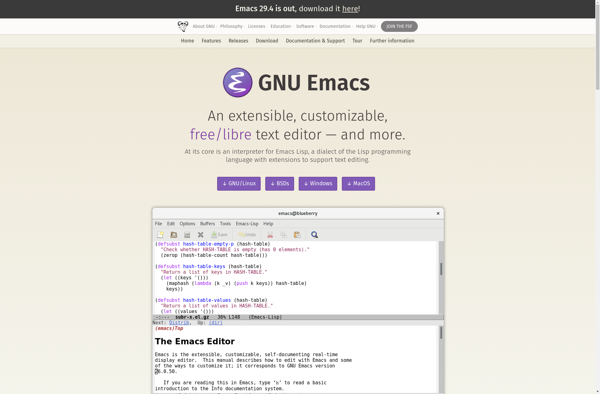Veonim
Veonim: Free Text Editor for Vim and Neovim
A free and open-source text editor with a native GUI design for Vim and Neovim users across Windows, macOS, and Linux.
What is Veonim?
Veonim is a free and open-source text editor primarily designed for Vim and Neovim users. It provides Vim modal editing in a native, clean GUI design that works across all major desktop platforms including Windows, macOS, and Linux.
Some key features of Veonim include:
- Native GUI text editing with full Vim/Neovim integration and modal editing support
- Minimal, clean interface supporting light and dark themes
- Cross-platform - works on Windows, macOS, and Linux
- Support for opening multiple editor tabs and panels
- Integrated terminal emulator
- Extensibility via Lua scripting and plugins
- Community-driven development model
Veonim aims to provide an easy way for Vim users to access the power of modal editing in a GUI environment, without having to learn another text editor. The goal is to offer the best of both worlds - Vim keybindings and modes with the convenience of a graphical application. Its clean yet customizable interface allows users to be productive right away.
As an open-source project, Veonim is actively developed by a community of contributors. It focuses on providing a reliable editor that stays out of your way so you can focus on coding. If you're looking for a GUI text editor with Vim keybindings, Veonim is an excellent choice to consider.
Veonim Features
Features
- Vim modal editing
- Clean and native GUI
- Cross-platform - works on Windows, macOS, and Linux
- Built-in terminal emulator
- Extensible through Lua
- Supports Vim and Neovim
Pricing
- Open Source
- Free
Pros
Cons
Official Links
Reviews & Ratings
Login to ReviewThe Best Veonim Alternatives
Top Development and Text Editors and other similar apps like Veonim
Here are some alternatives to Veonim:
Suggest an alternative ❐Visual Studio Code
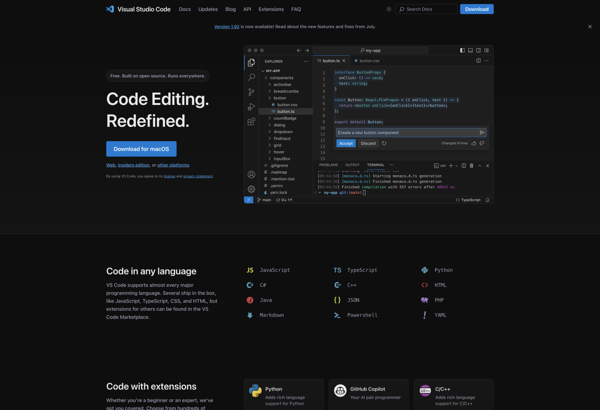
Neovim
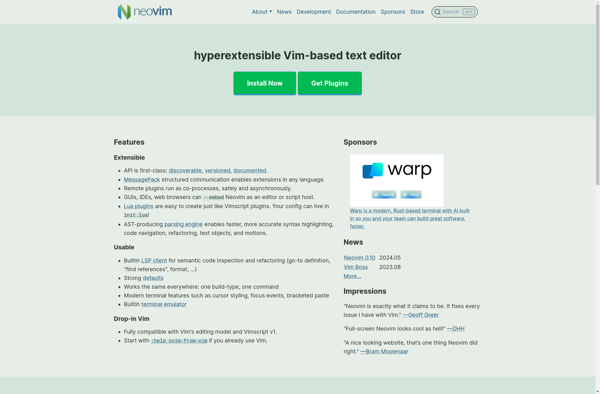
Sublime Text
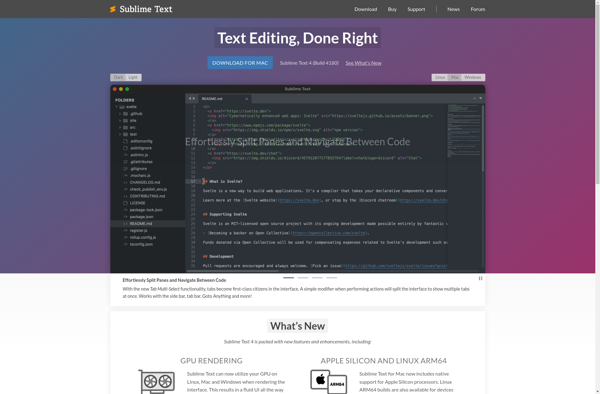
VSCodium
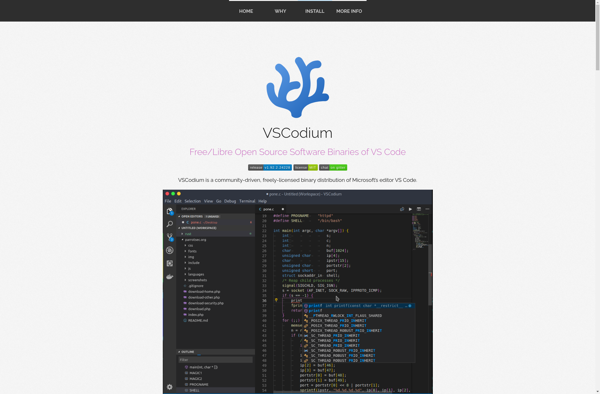
Notepad++
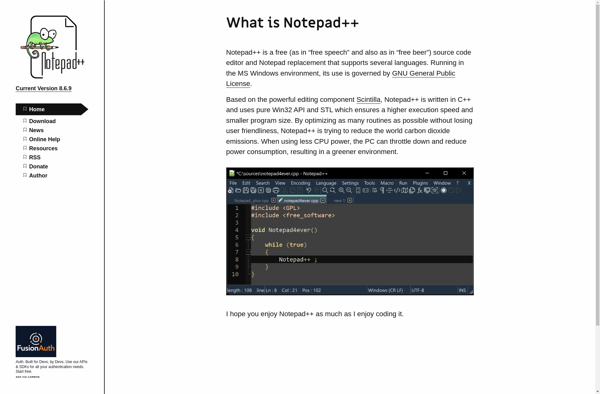
Geany
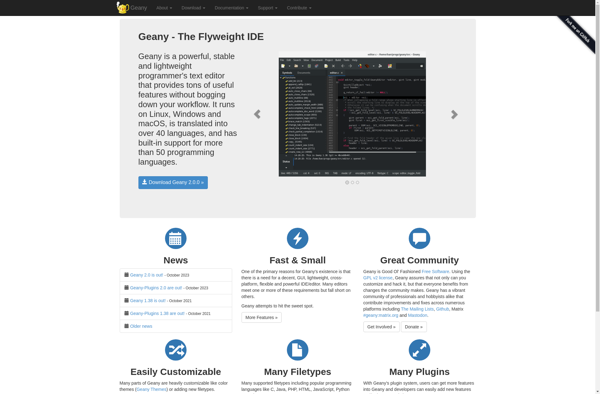
Eclipse
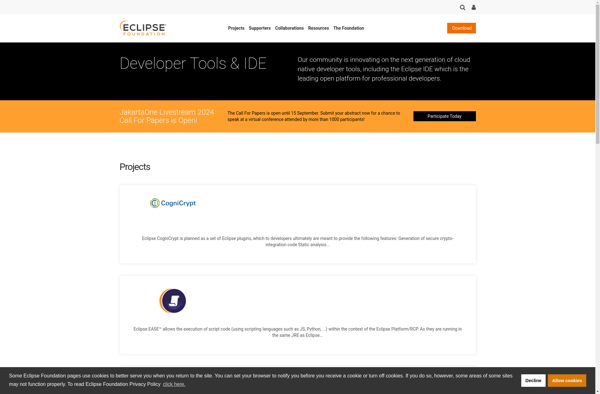
GNU nano
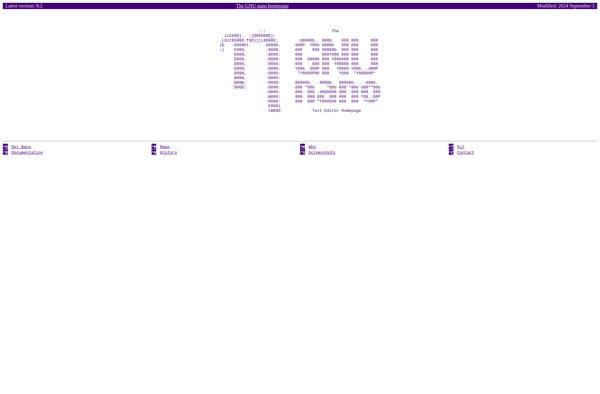
Kate
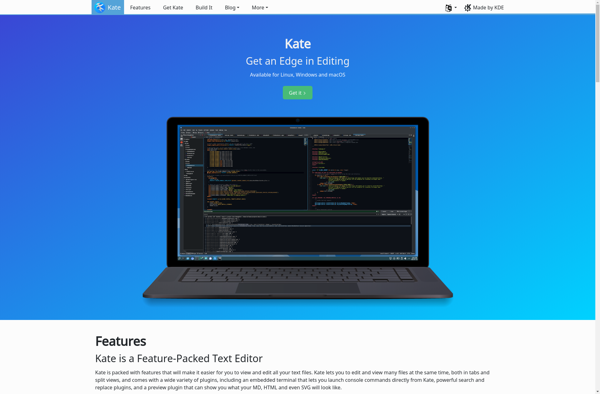
GNU Emacs
